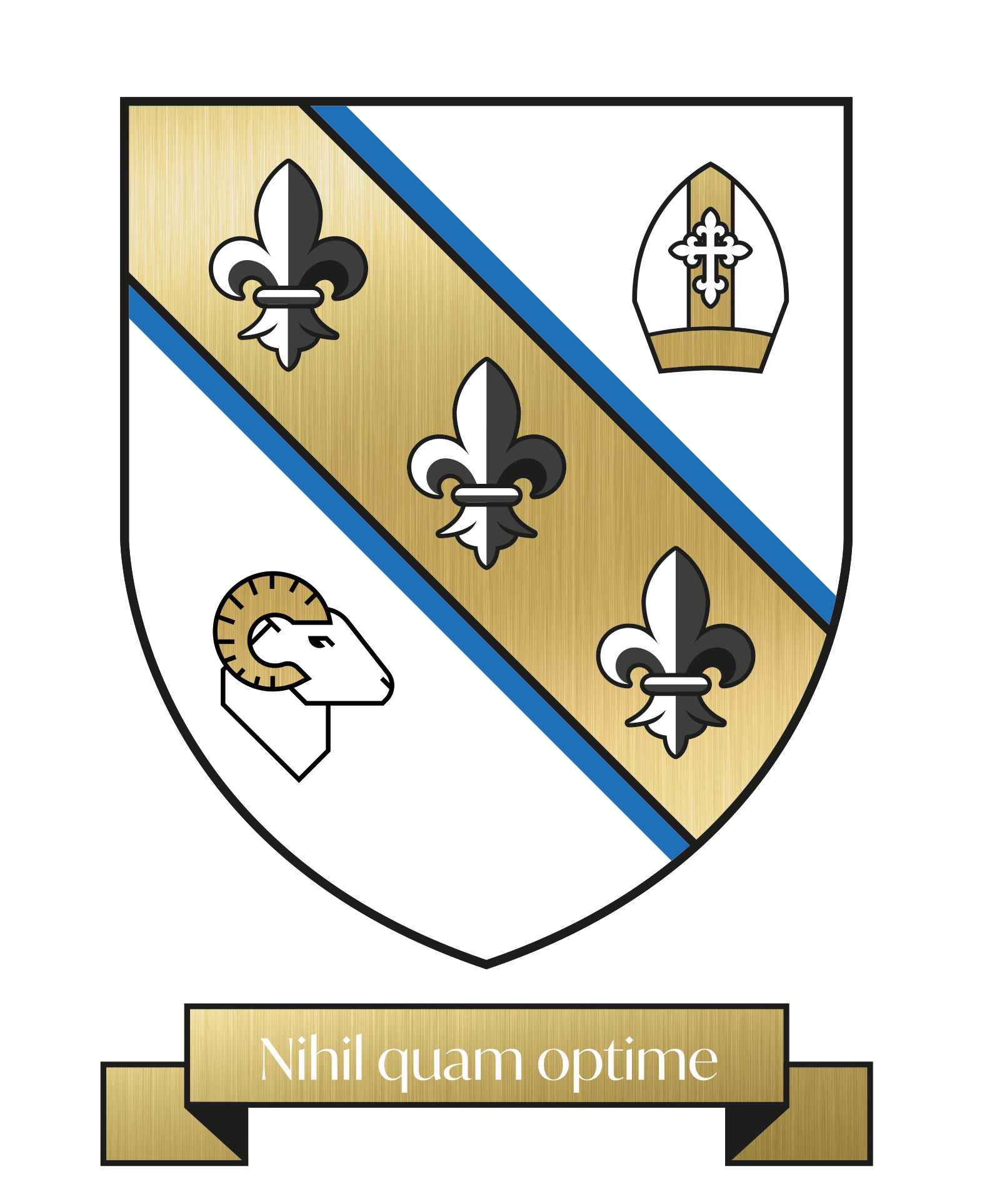English
Year 7
Year 7 Homework:
- 20 minutes of reading every day to stay above 20 minutes
- Educake quiz once a fortnight, linked to what is being taught in lessons
Half Term 1:
An Introduction to Shakespeare: Villains and Victims, Shakespeare’s Heroes.
Pupils learn about Shakespeare’s plays and what it was like to go to the theatre in Shakespeare’s day. We study extracts from a range of plays, focusing on the idea of how characters are presented as heroes, villains or victims.
Half Term 2:
A Christmas Carol (abridged)
Pupils study the context in which Dickens wrote his novels. We study key extracts from ‘A Christmas Carol’ and pupils start to learn how to analyse a writer’s use of language and structure.
Half Term 3:
The Origins of Literature: Greek and Norse Mythology
Pupils study a range of Greek and Norse myths. Using the writing conventions, pupils write a creative description of a hero or monster from a Greek myth.
Half Term 4:
Poetry: The Romantics
We learn about the Romantic Poets as a group of writers with their own social and political agenda. Pupils build on their analysis skills and focus on writing about poetry accurately and in depth.
Half Term 5:
Novel: The Breadwinner
Pupils are exposed to important themes of inequality and power through this novel, set in the 1990's Afghanistan. We study the context of the novel, characterisation and key themes.
Half Term 6:
Novel: The Breadwinner
Completion of the novel.
To compliment the study of the novel, pupils read other works of literature that explore similar themes to The Breadwinner.
Year 8
Year 8 Homework:
- 20 minutes of reading every day to stay above 20 minutes
- Educake quiz once a fortnight, linked to what is being taught in lessons
Half Term 1:
Novel
Pupils study a modern novel which explores the theme of War. Pupils will develop reading skills such as retrieval, inference and prediction and use these to analyse and comment on plot, character, theme and context. Pupils will develop their analytical writing skills continuing on from Year 7.
Half Term 2:
World War One Poetry
Pupils learn about the context of World War One and persuasive approaches used to encourage soldiers to enlist. They read and respond to a range of poetry, from the work of trench poets like Wilfred Owen and Rupert Brooke, to modern poems set in World War One, such as Carol Ann Duffy’s ‘Last Post’. There is also a focus on pupils learning and being able to apply subject terminology to analyse the effect of poetry, in preparation for GCSE.
Half Term 3:
Gothic Fiction
Pupils learn the origins and conventions of Gothic Fiction. They will study a range of classic Gothic extracts from novels such as Frankenstein, Wuthering Heights and Dracula.
Half Term 4:
Modern Gothic Fiction
A highlight of Year 8, pupils study a modern Gothic text, such as Thornhill by Pam Smy, or Coraline by Neil Gaiman. Pupils build on their knowledge of classic Gothic Fiction studied in the previous half term, to explore how Gothic tropes and themes are presented by modern writers.
Half Term 5:
Shakespeare: The Tempest, Hamlet or The Merchant of Venice.
Building on their foundational knowledge of Shakespeare’s works from Year 7, in Year 8 pupils study one Shakespeare play in depth, including the context of the play, staging, characterisation, themes and analysis of language.
Half Term 6:
Non- Fiction: Journey and Exploration
Pupils are exposed to a rich range of non-fiction around the themes of Journey and Exploration. This will include reading articles, journals and travel writing and comparing writer’s viewpoints and experiences. This culminates in pupils producing their own piece of travel writing or persuasive writing about the South West.
Year 9
Year 9 Homework:
- 20 minutes of reading every day to stay above 20 minutes
- Educake quiz once a fortnight, linked to what is being taught in lessons
Half Term 1:
The Art of Short Stories
Pupils learn about the writer’s craft involved in writing an engaging opening to a short story. Pupils learn about how to structure a short story and analyse and evaluate the use of narrative hooks used by writers to engage their audience. Pupils have the opportunity to experiment with using these structures and narrative hooks in their assessed piece.
Half Term 2:
Non-Fiction: Persuasive Writing
Pupils study persuasive language devices and learn how to apply terminology accurately. We focus on writers' ideas and discuss and evaluate the effect of rhetoric.
Half Term 3:
Dystopian Fiction: Animal Farm by George Orwell
Pupils learn about the conventions of Dystopian Fiction. We learn about the important social and historical context to Animal Farm. Pupils read and analyse the novel in depth, responding to it’s key themes, characters and setting.
Half Term 4:
Modern Dystopian Fiction: Noughts and Crosses (playscript)
Pupils study this modern allegory for Romeo and Juliet using the playscript of the text. Using a range of reading, writing and drama techniques, pupils explore the key themes of the text and consider the writer’s message.
Half Term 5:
Poetry: Worlds and Lives (new GCSE AQA poetry cluster)
Pupils study a range of poems from this exciting new cluster released by AQA. Pupils will be encouraged to analyse and respond to key themes such as Identity, Segregation and Discrimination.
Half Term 6:
Shakespeare: Romeo and Juliet
Pupils study extracts from the play and consider Shakespeare’s presentation of character, setting, theme and staging. We explore contemporary ideas about fate and consider whether Romeo and Juliet’s deaths could have been prevented.
